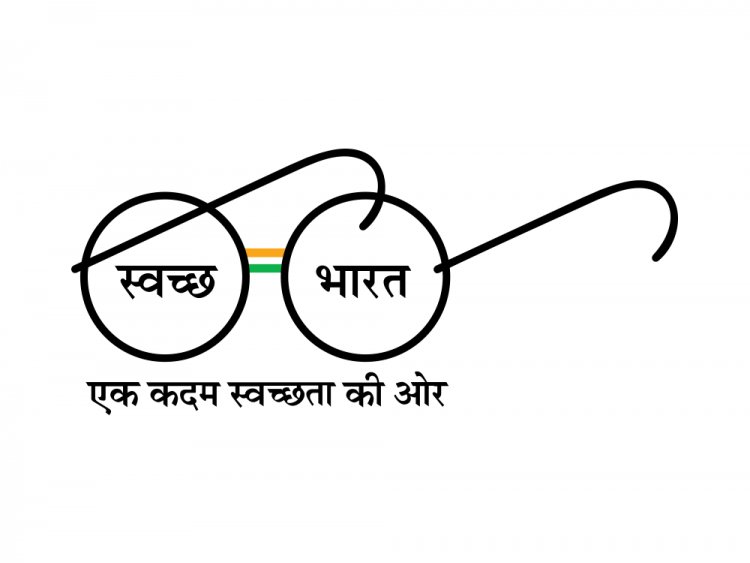Success of ‘Swachh Bharat Mission’: More Needs to be Done
Asia News Agency

The burden of inadequate access to sanitation and open-defecation facilities, write Anoop Jain (assistant professor, department of environmental health, Boston University School of Public Health) and SV Subramanian (professor, population health and geography, Harvard University) “has been declining since the early 1990s in India. The prevalence of not having a toilet/open-defecation facility fell 31 percentage points between 1993 and 2016. It declined by an impressive 20 percentage points, from 39.8% in 2016 to 19.8% in 2021.
Mission objective not fully achieved
But despite success of the ‘Swachh Bharat Mission’ (SBM) - to eliminate open defecation and improve solid waste management - the mission to ensure that every household has access to a toilet, has perhaps not been achieved.
The two authors point to a recent study that analysed five rounds of the national Family Welfare Survey (NFHS). The study estimated that as of 2021, nearly 240 million people still lack a toilet facility, with Uttar Pradesh, Bihar, Madhya Pradesh and Rajasthan accounting for more than 50% of this burden. The study also dispels the narrative that the sanitation challenge is a behavioural issue. The overwhelming use of the phrase 'open defecation' (implying behaviour) as opposed to 'not owning or having access to a toilet' (implying material deprivation) underscores this. In 2021, more than 90% of respondents were defecating in the open because they did not have a toilet.
While educating people on attitudes towards sanitary hygiene is important, the two authors write “the focus of SBM must be on providing and maintaining quality toilets."
Virtually every state on-target
The two authors however, note that "virtually every state and Union territory is on-target to meet SDG related to ensuring universal access to sanitation. This is primarily due to the success of SBM. However, this should not lead to a view that the mission has been accomplished. Instead, policymakers should capitalise on the progress made and leverage the momentum generated by SBM for a sustainable sanitation policy for the billion-plus Indians, starting with the poorest.
“SBM's achievements can also be undone. Those who have lost their homes in this year's flooding remind us how fragile the sanitation situation can become. India has made substantial progress in providing sanitation for people in recent years. Now is the time to double down on those efforts with an SBM 2.0 that ensures access to a quality toilet for all, starting with the poorest."
















